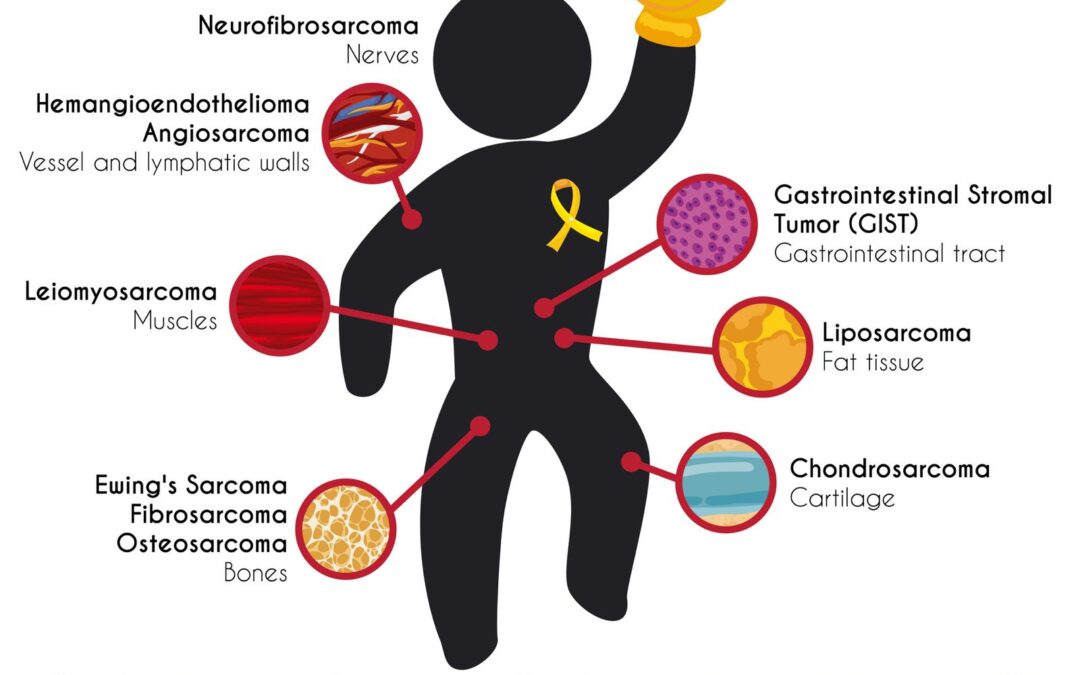The Link Between Skin Cancer and Other Health Conditions: What You Should Know
Skin cancer is the most common type of cancer worldwide, with millions of cases diagnosed each year. While it is primarily caused by excessive exposure to ultraviolet (UV) radiation, recent research suggests that skin cancer may be linked to other serious health conditions. People who develop skin cancer, particularly melanoma, may have a higher risk of developing other cancers, cardiovascular diseases, and autoimmune disorders.
Understanding these connections is crucial for early detection, prevention, and overall health management. In this article, we’ll explore how skin cancer is related to other health conditions and what steps you can take to protect yourself.
Skin Cancer and the Risk of Other Cancers
Several studies indicate that individuals diagnosed with skin cancer, especially melanoma, may have an increased risk of developing other cancers. This is due to genetic predisposition, immune system responses, and shared environmental risk factors.
1. Melanoma and Internal Cancers
- People with a history of melanoma have a higher chance of developing cancers such as breast, prostate, lung, and pancreatic cancer.
- The risk is even higher for individuals with multiple melanomas or a strong family history of cancer.
- Mutations in genes like CDKN2A and TP53, which are associated with melanoma, also increase susceptibility to other types of cancer.
2. Non-Melanoma Skin Cancers (Basal and Squamous Cell Carcinoma)
- While basal cell carcinoma (BCC) and squamous cell carcinoma (SCC) are less aggressive than melanoma, individuals diagnosed with these skin cancers have an increased likelihood of developing bladder, lung, and breast cancer.
- Some researchers believe this link may be due to prolonged exposure to carcinogens, including UV rays and environmental pollutants.
Skin Cancer and Cardiovascular Disease
Studies suggest a surprising connection between skin cancer and heart-related conditions. While the exact reason for this link is still under investigation, possible explanations include chronic inflammation and oxidative stress caused by sun exposure and DNA damage.
How Are They Connected?
- Inflammation and Immune Response: Chronic inflammation from UV damage may contribute to the development of cardiovascular diseases such as hypertension, stroke, and coronary artery disease.
- Oxidative Stress: The same DNA damage that leads to skin cancer can also weaken blood vessels and increase the risk of heart disease.
- Lifestyle Factors: People who frequently spend time outdoors without sun protection may also engage in other habits that increase cardiovascular risks, such as smoking or an unhealthy diet.
Skin Cancer and Autoimmune Diseases
Autoimmune diseases occur when the immune system mistakenly attacks the body’s own cells. Some research suggests that people with a history of skin cancer, particularly melanoma, may be at a higher risk of autoimmune disorders.
Key Connections:
- Lupus – A chronic autoimmune disease that increases sensitivity to sunlight and raises the risk of developing skin cancer.
- Psoriasis – A skin condition linked to inflammation and a weakened immune system, which may increase skin cancer susceptibility.
- Rheumatoid Arthritis – Certain medications used to treat autoimmune conditions, such as immunosuppressants, can make individuals more vulnerable to developing skin cancer.
Skin Cancer and Neurological Disorders
Emerging studies suggest a potential relationship between skin cancer and neurological conditions, including Parkinson’s disease. Researchers have found that individuals with melanoma are more likely to develop Parkinson’s, a neurodegenerative disorder that affects movement and brain function.
Possible Explanations:
- Shared Genetic Factors: Mutations in certain genes (such as PARK2) may contribute to both melanoma and Parkinson’s.
- Immune System Dysregulation: The immune response in melanoma patients may affect the nervous system, increasing the risk of neurodegenerative diseases.
- Medication Side Effects: Some treatments for Parkinson’s disease may increase sun sensitivity, raising skin cancer risk.
What You Can Do to Protect Yourself
Since skin cancer may be linked to other serious health conditions, taking proactive steps to protect your skin and overall health is essential.
1. Regular Screenings and Check-Ups
- If you’ve had skin cancer before, schedule regular check-ups with both a dermatologist and a primary care physician to monitor for signs of other diseases.
- Discuss your family history of cancer and other conditions to determine if additional screenings are necessary.
2. Sun Protection
- Always use a broad-spectrum sunscreen (SPF 30 or higher) when exposed to the sun.
- Wear protective clothing, hats, and sunglasses to minimize UV exposure.
- Avoid tanning beds, which significantly increase skin cancer risk.
3. Maintain a Healthy Lifestyle
- Eat an antioxidant-rich diet that includes fruits, vegetables, and healthy fats to support immune function and reduce inflammation.
- Exercise regularly to improve circulation and cardiovascular health.
- Avoid smoking and excessive alcohol consumption, as these habits increase the risk of multiple cancers.
4. Monitor for Symptoms
- Keep an eye on any unusual skin changes, moles, or persistent wounds that do not heal.
- Watch for symptoms of other health issues, such as persistent fatigue, unexplained weight loss, or neurological changes like tremors or memory problems.
5. Consider Genetic Testing
- If you have a family history of melanoma or other cancers, genetic testing can help assess your risk and guide preventive strategies.
Conclusion
Skin cancer is not an isolated condition—it is often linked to other serious health concerns, including internal cancers, cardiovascular diseases, autoimmune disorders, and neurological conditions. Understanding these connections can help individuals take proactive steps to monitor their health, seek early diagnosis, and adopt preventive measures.
By combining sun protection, regular medical check-ups, and a healthy lifestyle, you can reduce your risk of skin cancer and related health conditions. If you have a history of skin cancer, it’s essential to stay informed, consult with healthcare professionals, and take control of your overall well-being.

